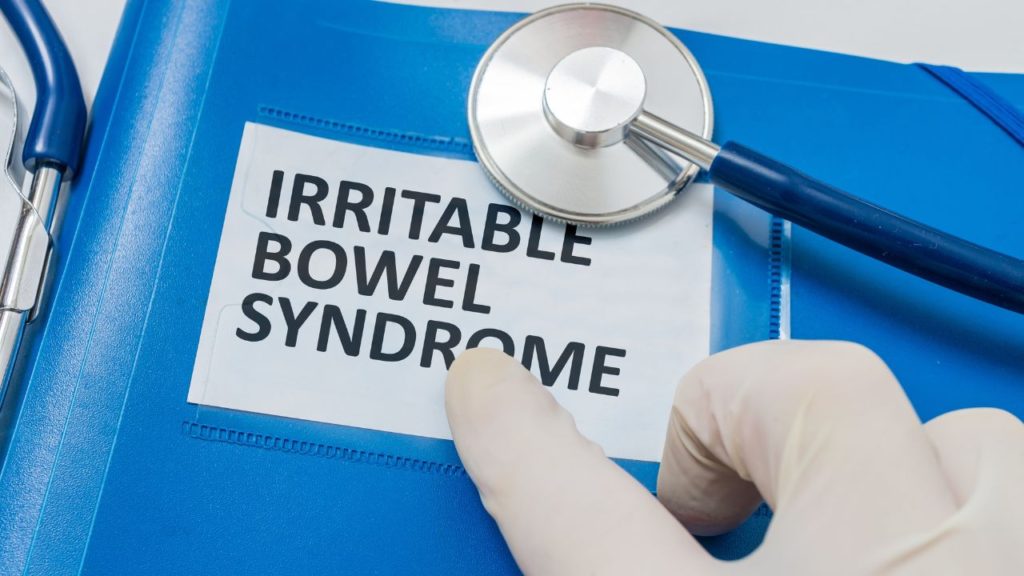
Irritable bowel syndrome (IBS) affects millions of people worldwide, causing uncomfortable symptoms such as abdominal pain, bloating, and constipation or diarrhoea. While there is no cure for IBS, there are lifestyle changes that can ease symptoms and improve quality of life.
In this article, we’ll discuss 5 lifestyle changes that can ease IBS symptoms and provide information on how online doctors can support you in managing your condition, including the services provided by Phenix Health Telehealth Doctors.
This advice is general in nature and for informational purposes and should never replace medical advice by a Doctor. Please book a consultation with www.phenixhealth.com.au
#1 Follow a low FODMAP diet
FODMAPs are types of carbohydrates that are poorly absorbed by the body and can cause digestive symptoms in people with IBS. FODMAP is an acronym for the chemical names for different sugars that are poorly absorbed in the gut. For some people these can trigger symptoms of IBS. A low FODMAP diet involves avoiding high FODMAP foods, such as wheat, onions, garlic, and certain fruits and vegetables, and gradually reintroducing them to identify trigger foods. By following a low FODMAP diet, you can reduce digestive symptoms and improve gut health.
Resources and support:
For more information:
Monash University FODMAPs and Irritable Bowel Syndrome.
The Continence Foundation of Australia — National Continence Helpline.
Dietitians Australia — A guide to IBS.
You can consult with a virtual medical consultation or telehealth online appointment with a registered dietitian or nutritionist to learn more about the low FODMAP diet and how it can help manage your IBS symptoms.
#2 Increase your fibre intake
Fibre can help regulate bowel movements and reduce constipation or diarrhoea, which are common symptoms of IBS. However, it’s important to introduce fibre gradually to avoid worsening symptoms. Good sources of fibre include whole grains, fruits, vegetables, and legumes.
A dietitian can help you identify your individual dietary triggers and can create a balanced diet that suits you.
#3 Manage your stress
Stress can exacerbate IBS symptoms, so managing stress is crucial for symptom management. Stress management techniques include exercise, meditation, deep breathing, and cognitive-behavioural therapy.
Our online GPs and Nurse Practitioners offer Bulk Billed Mental Health Care Plans enabling you to be referred to a Psychologist. All of this can be undertaken online.
#4 Stay hydrated
Dehydration can worsen constipation, a common symptom of IBS. Drinking enough water and fluids can help regulate bowel movements and reduce symptoms. Aim to drink at least 8 glasses of water a day, and consider increasing your fluid intake if you experience constipation.
#5 Exercise regularly
Exercise can improve digestion and reduce stress, making it beneficial for people with IBS. Low-impact exercises such as walking, swimming, and yoga can be particularly helpful. With video doctor appointments online and free virtual doctors, you can speak to a medical professional about the right exercise routine for you.
Conclusion
Irritable bowel syndrome can be a challenging condition to manage, but lifestyle changes such as following a low FODMAP diet, increasing fibre intake, managing stress, staying hydrated, and exercising regularly can ease symptoms and improve quality of life. With the support of virtual medical consultation either through video or phone provides you with support to help manage your IBS symptoms.
Phenix Health’s Telehealth Doctors provide high-quality, accessible online healthcare services for people with IBS and other health conditions whenever you need it. Remember to always seek medical advice and support if you are experiencing symptoms of IBS, and make the necessary lifestyle changes to manage your condition effectively.





Phenix Health delivers online health services 24/7 provided by Australian doctors and healthcare professionals.